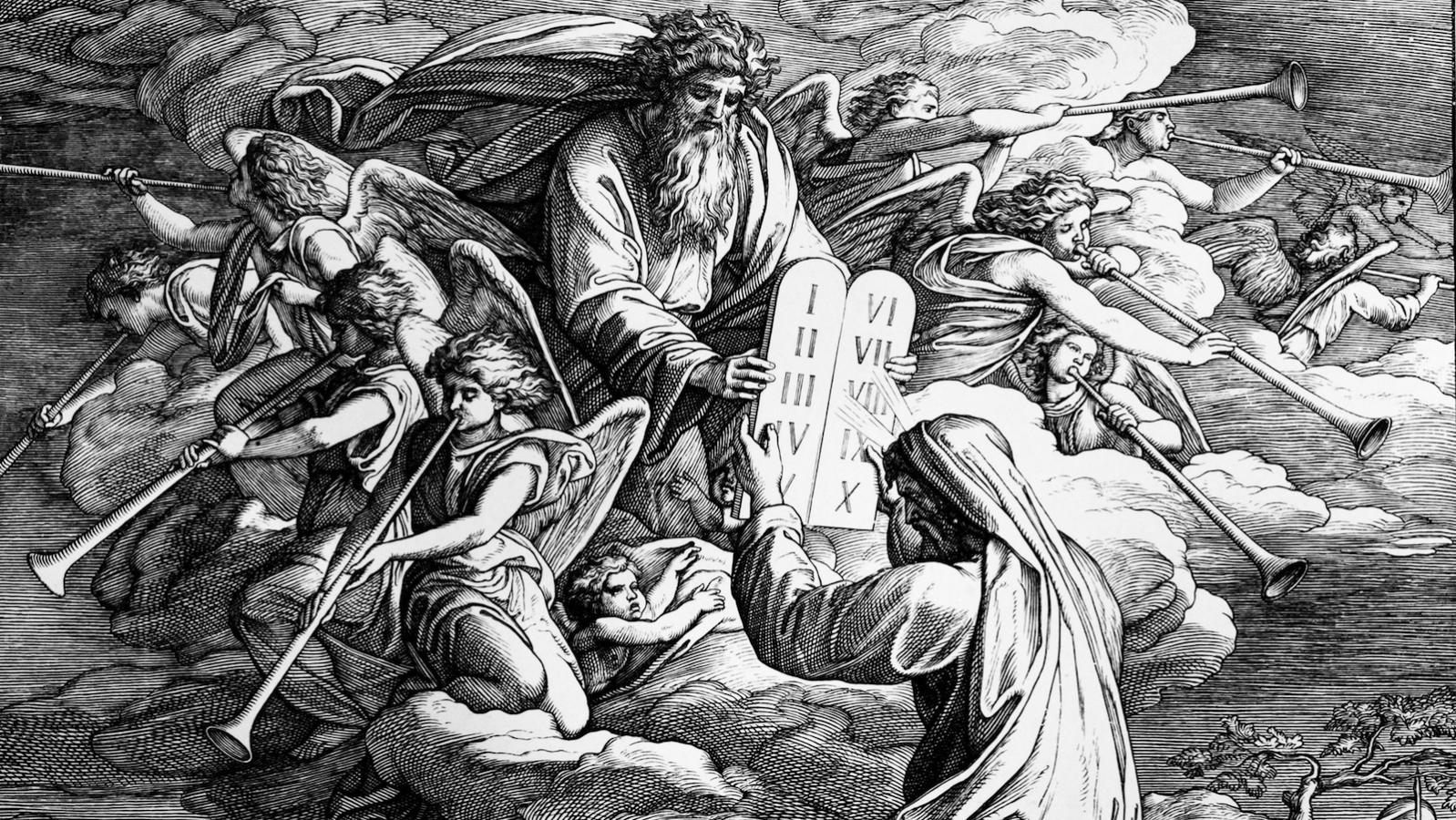Commentary on Parashat Pekudei, Exodus 38:21 - 40:38
Ours is a highly practical society. We pride ourselves on our ability to tinker with gadgets, to produce labor-saving devices, fascinating toys that whirl, and spin and entertain. A range of significant inventions–from the light bulb to the organizer, all typify this American delight with technology and efficiency.
Doubtless, those inventions have indeed added to our lives. We are efficient in our work, organized in our homes, offering a higher standard of living to a larger number of people. We think nothing of showing a Hollywood movie in the privacy of our own homes, microwaving the pizza of a world-famous chef (which was stored in our freezer), and listening to a performance of a world-famous conductor on the CD in our living room. All of these conveniences add real pleasure and comfort to the lives of hundred of thousands of people.
And, much as we value these trinkets, when they break, we throw them out. After all, there is no permanent affection between an owner and a car. One car will do as well as the next. The love is with cars in general, not with any specific automobile. Our love for our things is a functional, conditional love. So long as they work, we love them. The minute they stop, we replace them.
Our Functional Love
Our functional love extends beyond replacing broken items. We even plan their obsolescence, or junk them for the latest model before they have given all the service they could. Clothing, cars and homes are all “traded in” well in advance of practical need, simply because we have spotted and desired a larger, more sophisticated, or more recent model.

Help us keep Jewish knowledge accessible to millions of people around the world.
Your donation to My Jewish Learning fuels endless journeys of Jewish discovery. With your help, My Jewish Learning can continue to provide nonstop opportunities for learning, connection and growth.
How surprising, then, that we often feel disconnected, lacking in roots or purpose. How can we, when the obsolescence of things often get applied to relationships as well?
Not so the world of the . In today’s Torah portion, after the construction of the Mishkan (the Tabernacle) has been completed, we are told that Moses “took the Tablets and placed it in the Ark.” The Rabbis of the Talmud note that the word for Tablets, “Edut,” is in the plural.
So imagine their interest (and our surprise) to read elsewhere in the Bible, after the dedication of Solomon’s Temple in Jerusalem, that “there was nothing inside the Ark but the two tablets.” If the word “tablet” is already plural, then two of them must mean that Moses placed in two additional tablets beyond the two tablets containing the Ten Commandments! What else could Moses have dared to place beside the two tablets of the Commandments?
According to the , the answer is that “both the whole tablets and the fragments of the tablets were placed together in the Ark.” Remember when Moses returned to the children of Israel, carrying the first tablets with the Ten Commandments? He was so outraged by the idolatry of the Golden Calf, that he shattered the tablets on the ground. After the people had repented of their sin, Moses returned to the peak of the Mountain, where God presented a second pair of tablets.
Typically American
So far, the story is typically American–the outmoded commandments were trashed and a new, sleeker model was substituted in its place. But the Talmud tells us that something very un-American had actually transpired, that the love the Jews felt for that first pair of tablets was not simply because of their function, but something unconditional–bestowed not for what their use could be, but for what they would always represent.
Think of your feelings for your wedding ring. Chances are strong that in the course of your lifetime, you will be able to purchase more elaborate, more expensive rings. Yet, your love for that original plain gold band is not simply because it can adorn your finger. We love our wedding bands because they remind us of a momentous and happy day in our lives, they signify the most important relationship we will ever have with another human being. Those rings are irreplaceable.
That is precisely our relationship to those first tablets. Moses saved them both, the shattered and the whole, to remind us that not everything is there for a practical purpose. To the contrary, some of the most important things in life are not especially “useful” in the practical sense. Rather, we treasure those objects that can signify happy times, important relationships or essential values.
Next time you are in a synagogue, or involved in Jewish ritual, don’t ask, “What can this do for me?” That’s an appropriate question for a light bulb or an instamatic camera. Instead, ask, “What values, memories or deed of lovingkindness can this kindle in my heart?” That is the question to ask of our faith and our Heritage.
Provided by the Ziegler School of Rabbinic Studies, which ordains Conservative rabbis at the American Jewish University.



